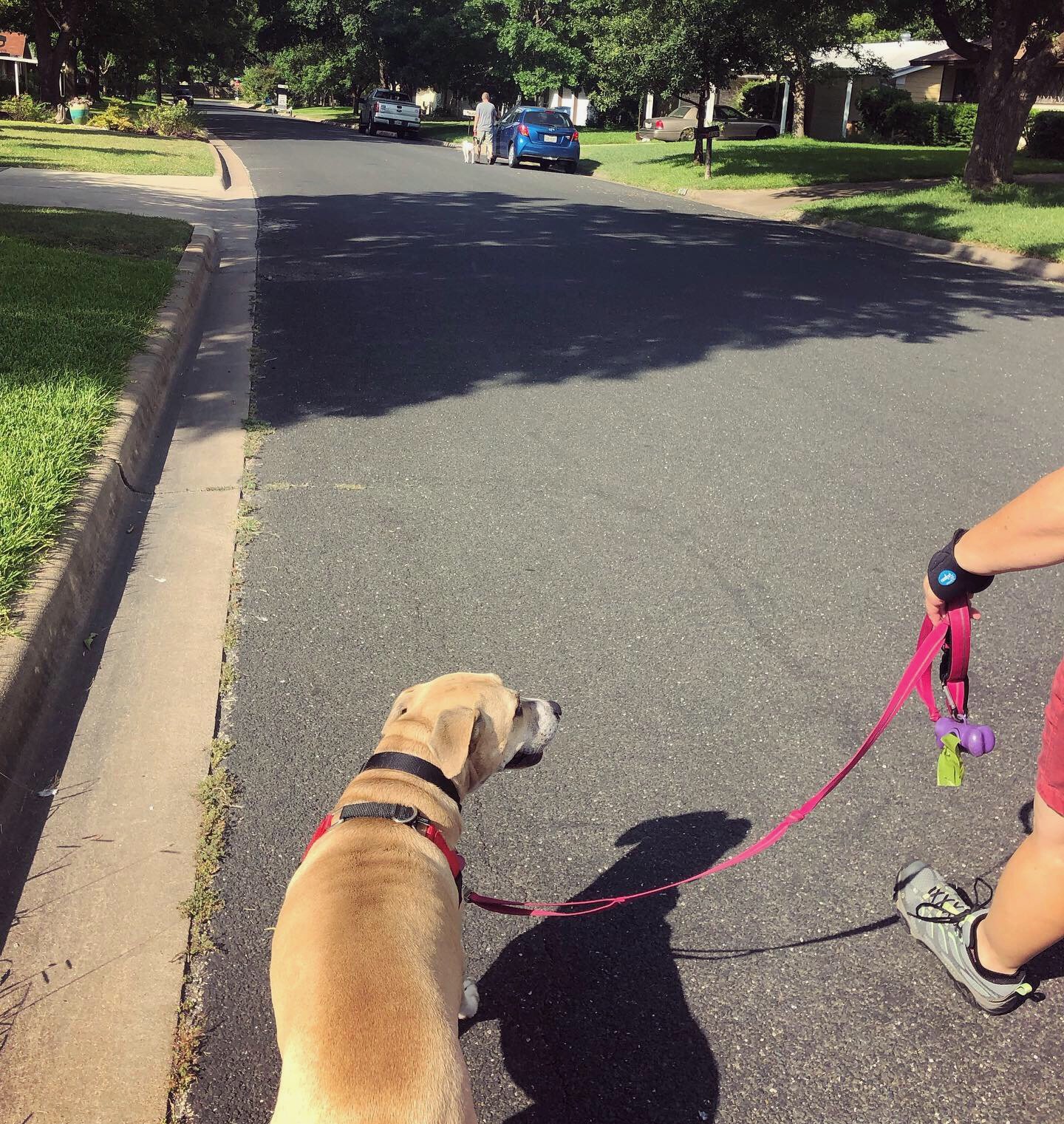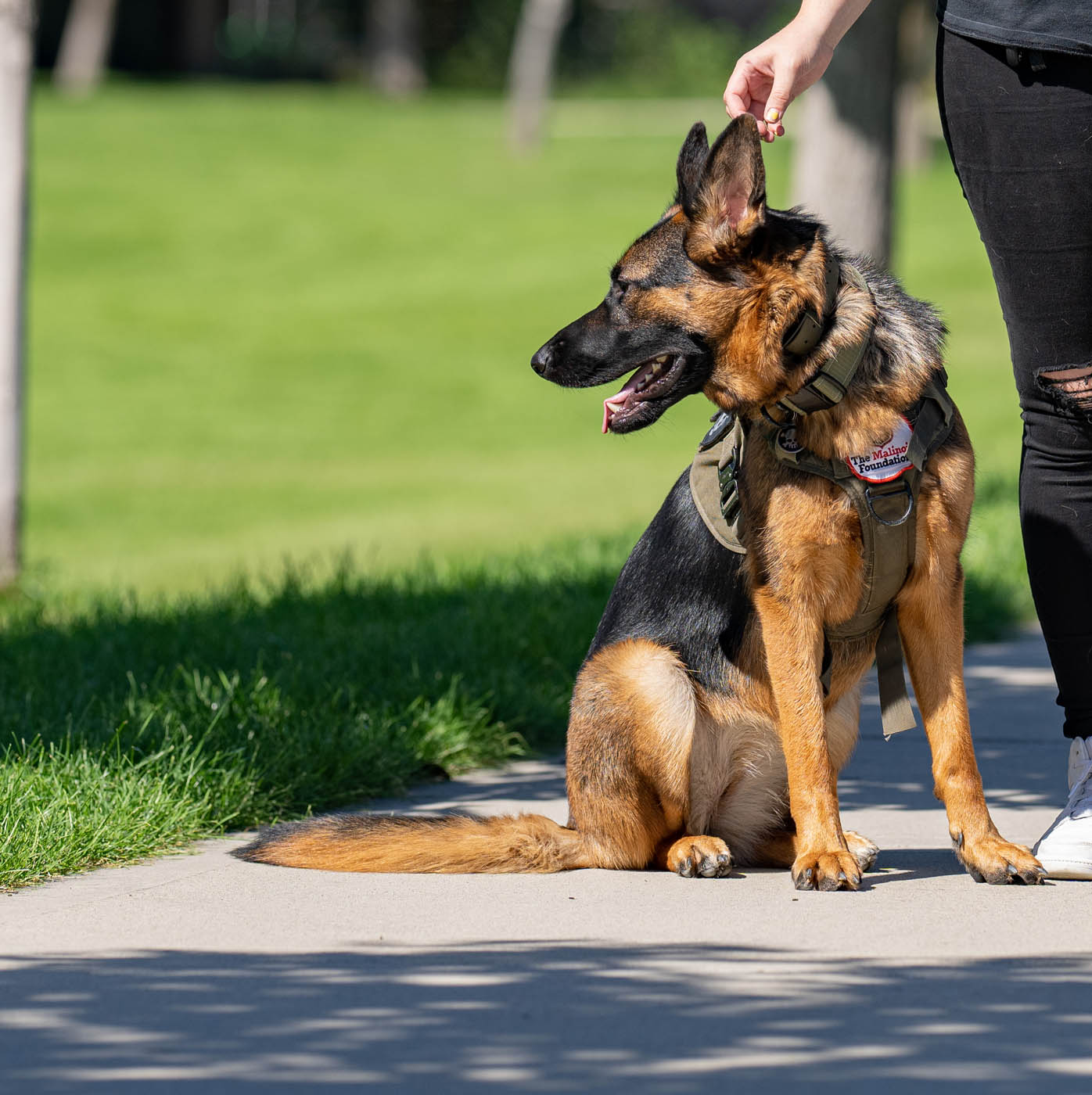Expert Insights on Dog Training Charlotte NC: Change Your Pup Today
Expert Insights on Dog Training Charlotte NC: Change Your Pup Today
Blog Article
Unlock Your Dog's Prospective: Proven Dog Training Methods for Success
Efficient pet dog training is a nuanced procedure that pivots on comprehending canine habits and utilizing scientifically backed methods. By including positive support, developing clear commands, and focusing on socialization, pet proprietors can cultivate an effective relationship with their pet dogs.
Comprehending Pet Dog Actions
Recognizing dog habits is essential for effective training and fostering a favorable partnership between pet dogs and their owners. A thorough grasp of canine body movement, articulations, and social interactions is vital for recognizing their feelings and demands. Dogs interact mostly through non-verbal signs; for instance, a wagging tail may suggest exhilaration, while pinned ears can signal worry or entry.

Furthermore, environmental aspects play a significant function fit a canine's habits. Modifications in routine, new surroundings, or the existence of unfamiliar people can lead to stress and anxiety or anxiousness in canines. Acknowledging these triggers allows owners to reduce negative reactions and establish proper training strategies.
Eventually, a deep understanding of pet dog behavior lays the structure for successful training approaches, improving both habits and the total bond between the canine and its owner. dog training charlotte. This expertise is essential for fostering a well-adjusted, happy canine buddy
Favorable Support Methods
Effective training counts greatly on positive reinforcement techniques, which have been shown to yield substantial cause forming desired habits in canines. This method entails compensating a pet dog for showing details habits, thus raising the probability that these behaviors will certainly be repeated. Benefits can take numerous types, consisting of deals with, praise, playthings, or play, depending on what encourages the private pet.

It is important to gradually phase out incentives as the dog finds out the actions, transitioning to intermittent support. This method keeps the behavior gradually while preventing reliance on continuous rewards. By concentrating on favorable reinforcement, fitness instructors can grow a trusting relationship with their pets, promoting a participating and healthy training setting that enhances general obedience and performance.
Developing Regular Commands
A basic aspect of successful pet training is the facility of constant commands. Uniformity in commands is vital for efficient interaction in between the instructor and the canine. When commands are uniform, pet dogs find out to connect particular words with preferred actions, which accelerates the training process and boosts understanding.
To develop consistent commands, it is essential that all relative make use of the exact same terms and additional reading gestures. For example, if one person uses "sit" while one more states "rest down," it can develop confusion for the dog. Select clear, distinctive words for commands and guarantee everybody involved in the canine's training complies with these selections.
Enhance commands via frequent method, making sure that the pet gets adequate possibilities to respond appropriately. When a pet efficiently complies with a command, immediate favorable support should follow.
Finally, be patient. Developing consistent commands takes some time and initiative. With devotion and clearness, you will assist your pet develop a strong understanding of expectations, eventually resulting in a mannerly friend.
Socializing and Exposure
Socializing a dog is vital for promoting a certain and well-adjusted buddy. This procedure involves exposing your canine to a range of settings, people, and other pets to establish their social skills and flexibility. Early socializing, ideally in between the ages of 3 to fourteen weeks, is vital, as it lays the groundwork for a dog's future habits.
Throughout socializing, goal to offer favorable experiences in different settings, such as parks, busy roads, and homes with various other pets. Present your pet to numerous stimuli, including audios, sights, and scents, making certain that each encounter is gratifying. This exposure aids alleviate worry and stress and anxiety, leading the way for an extra resilient canine.
Involving in controlled group play sessions with other pets can additionally enhance social abilities, showing your pet dog proper communications and limits. Prioritizing socialization will substantially contribute to your pet dog's total joy and habits throughout their life.
Conquering Common Educating Challenges

One more constant issue is interruption. Pets might battle to concentrate in busy or unknown setups. Gradually desensitize your pet dog to disturbances by beginning training in a silent environment and gradually presenting positive pet training even more stimuli as they come to be skillful (dog training charlotte). Positive reinforcement techniques, such as deals with and appreciation, can preserve inspiration and emphasis.
Additionally, behavioral problems like jumping or excessive barking can become irritating. Address these by educating alternative habits, such as sitting steadly when welcoming visitors. Consistency and perseverance are critical; strengthen desired behaviors constantly and prevent abuse, which can bring about confusion.
Lastly, identify that each dog is unique, and training timelines might differ. Tailor your technique to your pet dog's individual needs, and look for expert guidance if required. With determination and the right strategies, getting over these challenges can result in a trained, happy canine buddy.
Verdict
To conclude, opening a canine's prospective requires a detailed technique that integrates an understanding of canine behavior, the application of favorable reinforcement strategies, and the facility of consistent commands. Early socialization and direct exposure to diverse environments further boost a pet dog's versatility and self-confidence. By resolving usual training obstacles with customized techniques and patience, a harmonious and participating partnership between canine and handler can be cultivated, inevitably resulting in a mannerly buddy efficient in prospering in numerous circumstances.
Reliable pet training is a nuanced procedure that hinges on recognizing canine behavior and utilizing scientifically backed approaches.Recognizing dog habits is crucial for reliable training and cultivating a favorable relationship in between pets and their owners.Efficient training depends heavily on positive support techniques, which have actually been shown to yield substantial results in shaping wanted behaviors in dogs. When commands are uniform, canines learn to connect specific words with wanted behaviors, which accelerates the training procedure and improves understanding.
In conclusion, opening a pet dog's possible requires a thorough strategy that includes an understanding of canine behavior, the application of favorable reinforcement techniques, and the establishment of regular commands.
Report this page